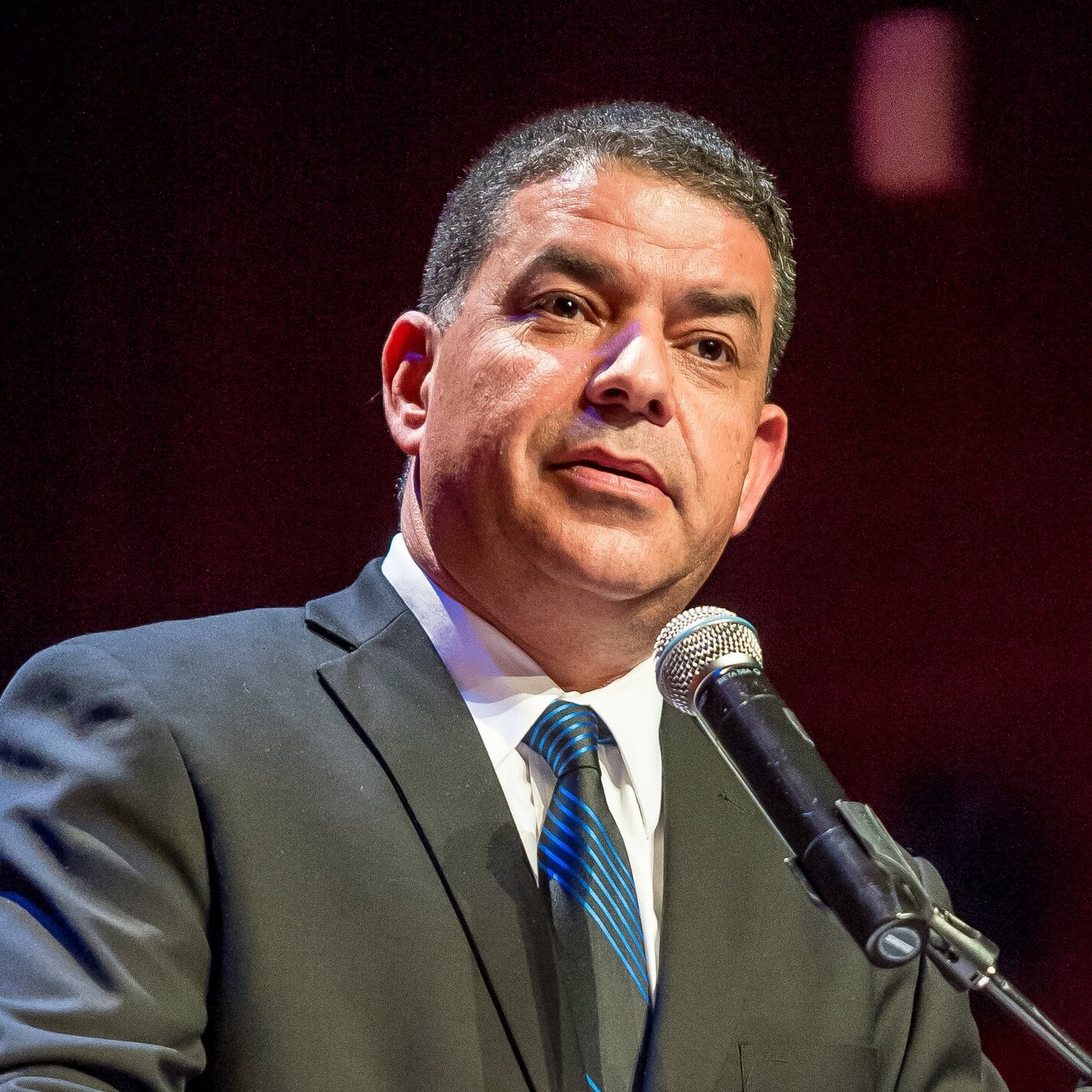By Henrique Cymerman
The January 17 missile and UAV attacks on Abu Dhabi carried out by the Houthis in Yemen were a kind of ultimatum.
The message from the Iranian-backed Houthis to the UAE was: Stop attacks on us in Yemen or deal with our attacks. The deadly strike claimed three innocent lives, but also caused extensive damage to the UAE’s image, psychology, and economy that goes beyond the incident itself.
The UAE and Dubai’s stock market are seen as an island of stability and sanity unlike other states in the Middle East. Syria, Iraq, Yemen, Libya, and Somalia all ceased existing as we previously knew them as the Middle East declared war on itself over the past decade. Yet investors always saw Dubai and Abu Dhabi as safe zone emirates for tourism, real estate, business, and shopping.
Twenty-two million tourists visited the UAE in 2019. Undoubtedly, every new Houthi attack can harm the UAE’s brand as a safe place for business and investment.
The Houthi spokesman even threatened to target Dubai’s Expo, which opened in October and has attracted 13 million visitors so far. Such an attack would be a game-changer for Dubai’s tourism and business hub perception.
After seven years of fighting stronger armies, the Houthis are acting as if they’ve already won their war. Despite accounting for just 35% of Yemen’s population, they control an area that is home to most of the country’s 30 million people and are in the process of strengthening their regime under the influence of the Iranian political model – the same Iran that arms them.
On January 31, the Houthis fired again on Abu Dhabi, just when Israeli President Isaac Herzog was visiting the UAE. An Iranian message here was carried by the missiles – punishment for joining the Abraham Accords.
These events represent the seeds for a new regional defense arrangement, NATO-style, which could take shape in the coming years.
The pact between Israel and several Sunni states could begin with a joint effort to deal with suicide UAVs.
A dialogue underway between Israel, the UAE, Saudi Arabia, and other countries could lead to a situation in which every state that identifies the threat of a UAV attack on another state will alert it and assist in preventing the attack. The same cooperation could be extended to deal collectively with ballistic missile threats.
Such an arrangement would be hugely significant. It would have been difficult to imagine two years ago, and yet now it is approaching reality.
Israel’s February 3 defense agreement with Bahrain is, similarly, all about dealing with Iran and its partner.
The shock that residents of Abu Dhabi experienced last month – which I saw firsthand as I was visiting the emirate when the attack occurred – signifies the change underway in the region.
Authorities could not deny the attack as images of the damage spread like wildfire on social media.
Saudi Arabia, in contrast, has grown accustomed to these attacks from Yemen, and to intercept them.
The Abraham Accords present moderate states in the Middle East with the ideal platform on which to plan out the response to their collective security. Currently involving Israel, the UAE, Bahrain, Morocco, and Sudan, many more countries could join. The Accords are the most significant development for Israel concerning its regional status since the signing of the peace treaties with Egypt and Jordan.
They do not cancel out the big danger of a de facto war between Israel and Iran, but they do solidify cooperation against the common threat posed by the radical regime in Tehran.
Russia, a military neighbor of Israel, may change its attitude toward Israeli operations against Iranian targets in Syria – another key unknown – following the war in Ukraine.
But Israel can be counted on to continue its surgical strikes against Tehran, whether in Syria or by covert means in Iran itself, where it targets nuclear threats, likely with the assistance of other states.
Iran’s proxies and partners, Hezbollah in Lebanon, Hamas, and Palestinian Islamic Jihad in Gaza, occasionally remind Israel that they can harm it.
Now, the Houthis have joined this map of threats from the distant south. Can they target Eilat, the Israeli popular resort at the northern tip of the Red Sea? Are their threats to hit Israel credible? Although attacking Israel has always been popular among public opinion across the region, no one knows yet.
Is Israel now facing a new ‘southern Hezbollah’? It seems that Jerusalem is getting used to that possibility and that it has begun to gather intelligence on the Houthis, despite having no connection to Yemen in the past, as opposed to Lebanon, where Israel’s intelligence coverage of Hezbollah is phenomenal.
As the war in Yemen drags on, its horrific proportions seem lost on an indifferent world. An estimated 400,000 casualties of war, starvation, and disease have led the UN to declare Yemen the worst humanitarian disaster since the Second World War. Yet the international community is aloof.
The Houthis are clearly on an upward trajectory since taking over the Yemeni capital of Sanaa in 2014. They have yet to attack Israel, 2000 kilometers away, as this is low down on their priority list and prefer to rely on hostile rhetoric instead. But their attack from eastern Yemen on the UAE – 1600 kilometers away – with precise weapons, is an indication of just how much the Houthi offensive capability has grown.
In contrast, the Houthi attack on Saudi oil targets in 2019 covered 650 kilometers.
The Houthis’ proximity to the Straits of Hormuz and Bab El-Mandeb waterways means they can also threaten strategic sea routes for the transfer of a sizable portion of the world’s energy and fuels.
These conditions set the stage for the gradual evolution of a new regional NATO. Israel has been assisting Saudi Arabia, sharing its knowledge and experience, and since the attacks on Abu Dhabi, dozens of Israeli private companies have offered Abu Dhabi their technology.
In October 2021, the commander of the UAE's Air Force made a historic visit to Israel's Blue Flag international air drill, which involved seven countries. In the following month, the navies of Israel, the UAE, and Bahrain took part in a naval drill in the Red Sea, led by the United States.
The region is only at the start of this event. The Houthis are going nowhere, and Iran’s backing is steadfast. Whether or not they direct their fire at Israel remains to be seen.
Henrique Cymerman is a journalist of global renown whose writings regularly appear in media publications in Europe, the USA, Latin America and Israel. He lectures in five languages. Henrique has covered current affairs in the Middle East for over 30 years and has been nominated "Comendador," a title of nobility, by the King of Spain and the President of Portugal. Read full bio here.
















